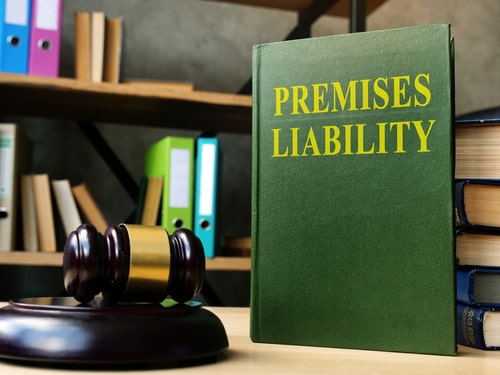In Virginia, as in many other states, the attractive nuisance doctrine is a legal principle that addresses the liability of property owners when children are injured on their premises due to certain hazardous conditions. Under Virginia’s personal injury law, all property owners have a duty of care to anyone with consent or implied consent to be on their property. This means the property owner has a responsibility to make sure the property is reasonably safe for anyone who is lawfully on it. These are often referred to as premises liability lawsuits or claims. If a person is injured while trespassing on private property, unless the property owner engaged in willful or wanton conduct, then, in most cases, the owner cannot be held liable for those injuries. Sometimes different tests apply if the person is a social guest or a business invitee, and those rules are not the focus of this article. However, when it comes to injured children who were trespassing, Virginia law adheres to the “attractive nuisance doctrine.”
Property Owner Responsibility
This doctrine recognizes that children, especially very young ones, may be drawn to objects or features on a property that pose a danger, even if they don’t fully comprehend the risks involved. The doctrine imposes a duty on property owners to take reasonable steps to protect children from these attractive nuisances to prevent harm. The law imposes a duty on property owners to take reasonable steps to protect children from these attractive nuisances to prevent harm.
It is the property owner’s legal responsibility to protect the child from an attractive nuisance on his or her property. An attractive nuisance is a condition, object, or structure that would be so enticing to a child, they would go on the property without permission. Examples of attractive nuisances include:
- Swimming pools
- Large appliances that have been discarded (i.e., refrigerators, washing machines)
- Machinery (lawnmowers, tools)
- Wells
- Dangerous animals
Under Virginia law, property owners can be held liable for injuries sustained by children if the following conditions are met:
- Presence of an attractive nuisance: There must be a hazardous condition or object on the property that is likely to attract children due to its inherent appeal or interest. The condition, object, or structure on the property has the potential to cause serious injury or death to the child.
- Owner’s knowledge: The property owner must be aware or should reasonably be aware of the dangerous condition or object and its potential appeal to children. The property owner knew – or should have known – that a child would likely trespass on their property.
- Failure to exercise care: The property owner must have failed to take reasonable steps to prevent children from accessing the attractive nuisance or to make it safe.
- Child’s trespassing: The child was too young to understand the risk the condition presented. The child did not have permission to be on the property and was “trespassing.”
- Injury resulting from the hazard: The child must have been injured as a direct result of the hazardous condition or object.
Protecting Children
When these conditions are met, the property owner can be held liable for the child’s injuries, including medical expenses, pain and suffering, and other damages. The goal of the attractive nuisance doctrine is to encourage property owners to recognize potential hazards and take preventative measures to safeguard children.
There are many steps that property owners can take in order to ensure that no child is tempted to go on their property and access the attractive nuisance object. For example, if a property owner has a swimming pool, they should have high fencing with a self-latching gate so children cannot gain access to the pool. There are numerous other situations where a condition can be attracted to a child. For example, in situations where a property owner has placed an appliance outside for storage or disposal, the door of the appliance should be removed so a child cannot get trapped inside and suffocate.
Contact the Legal Team at Shapiro, Washburn & Sharp
Premises liability cases, especially those that involve children, can be complex. If your child has been injured in a premises liability accident, contact a Virginia Beach personal injury attorney to find out what legal recourse you may have against the property owner for the losses your child’s injuries have caused. Our Va. personal injury firm has successfully represented many child victims and their families in obtaining the financial compensation they are entitled to.
To set up a free and confidential consultation with one of our seasoned Virginia Beach injury attorneys, call our office today. Our legal team will work diligently to get your child the financial justice they deserve.
RELATED CONTENT
- Why are premises liability cases tough in Virginia?
- What exactly are “slip and fall” and “trip and fall” injuries?
- Toddler Seriously Injured When Pallet of Water Falls from Store Shelf
